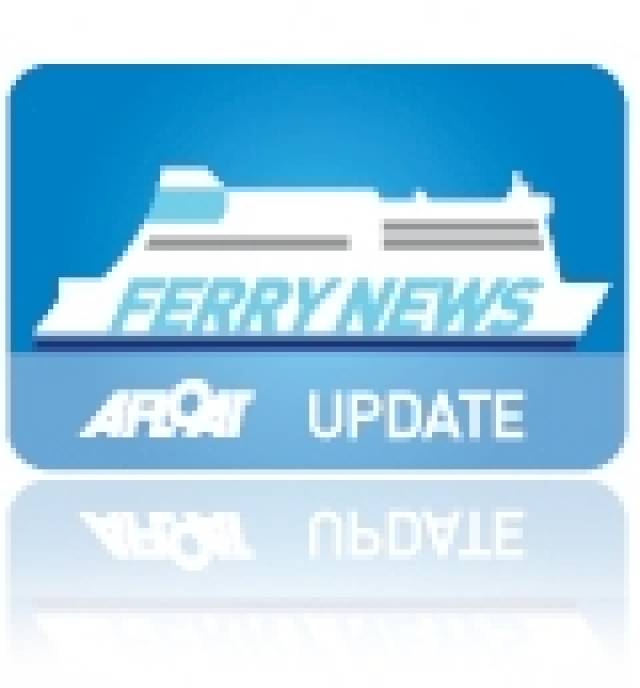The former Scandinavian cruiserferry was built in 1987 to serve on Color Line's Oslo-Kiel route as their Kronprins Harald. In 2007 she was sold to start French sailings and at 31,914grt, she is the largest cruiseferry to operate under Irish Ferries continental routes. Passenger capacity is just shy of 1,500 and cars total 730 in addiition space for around 90 freight vehicles. For a virtual tour of the cruiseferry's on board facilities and exterior deck views click HERE.
Winter sailings will run to the end of the year with a final departure on 30th December outbound and returning from France on 2nd January 2012. Thereafter there will be a no sailings as the cruiseferry is to undergo annual dry-docking before resuming sailings. The first sailing from Ireland is 19th February and the corresponding return sailing from France is 21st February. To keep up-to-date with sailing schedules click HERE.































































